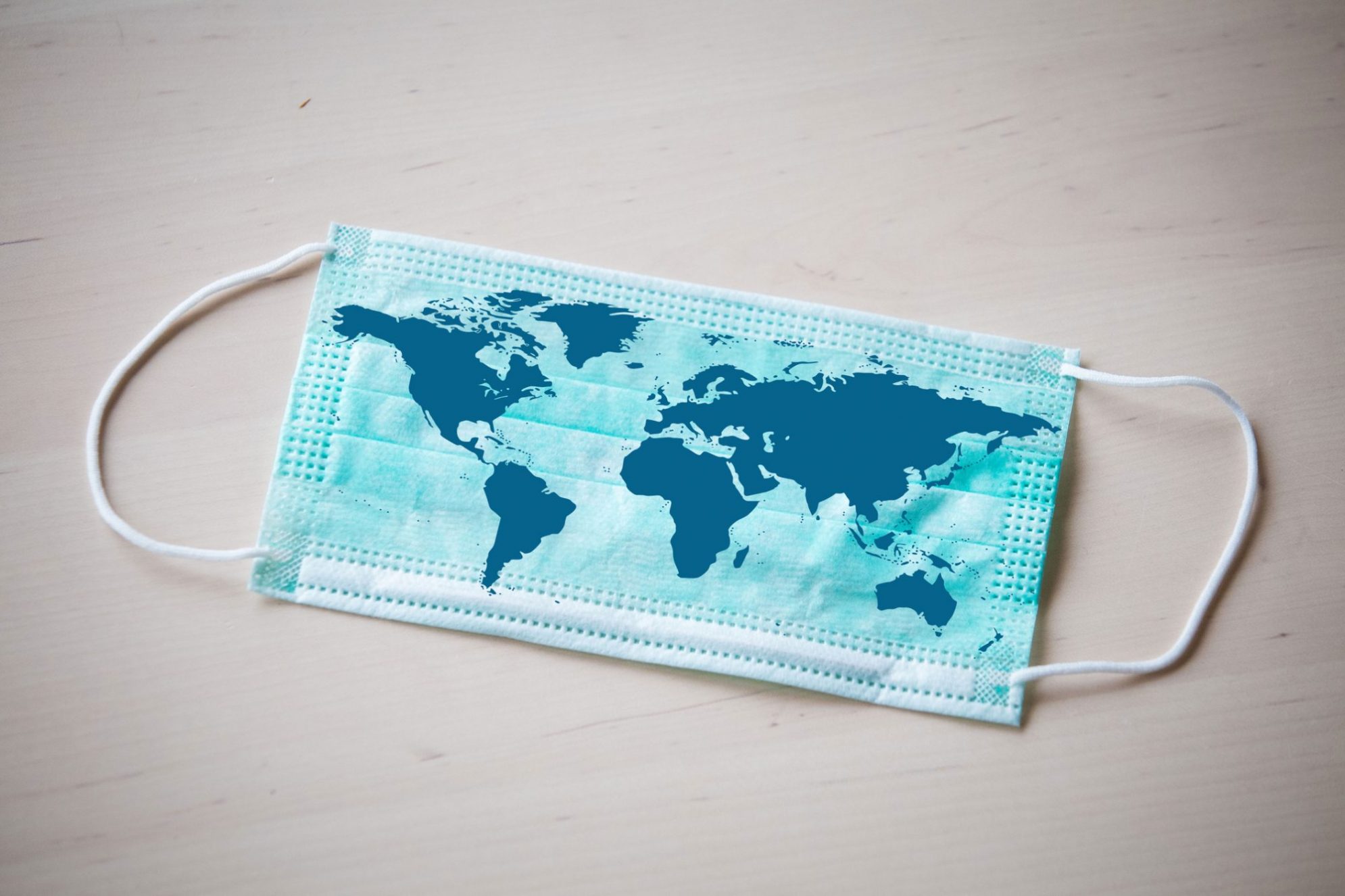
Comms abroad: how other countries have managed COVID-19
Global comparisons have been a contentious issue during the COVID-19 pandemic. Whether it is data comparing death rates, the number of cases, or the levels of testing, the effectiveness of international comparison has been, and still is, debated. The government, for example, dropped the ‘global death rate comparison’ slide just a few weeks into lockdown on the basis that it was too “difficult to compare statistics across countries”.
But how about communication strategies?
Six months on from Boris Johnson’s March lockdown announcement, we still largely remain in the ‘new normal’ of face masks and social distancing. As the months pass and the fatigue sets in, there is serious concern that the public has grown increasingly apathetic to government guidelines. Now tasked with informing an exhausted public, the pressure government communicators must be facing is immense.
Considering this, we have had a look at how three countries, well-known for their successful management of COVID-19, have tackled communicating during a pandemic in the hope of finding some fresh thinking.
Norway
Many of the countries being hallmarked as heroic responders to COVID-19 have been those outside of Europe – South Korea, Japan and New Zealand. But Norway, a close neighbour and key trading partner to the UK, has surprisingly only had 265 COVID-related deaths.
Unbeknown to most is that Norway’s admirable response has largely been attributed to the Norwegian social concept of dugnad. Best translated as a ‘service project’, dugnad can be understood as the ‘concept of collaboration for the community’. Norwegian commentators have said that these traditional values played a key role when Prime Minister Erna Solberg introduced strict lockdown measures under the instruction that they were “the country’s dugnad.”
In a Kantian type of way, dugnad is about duty. The term has its origins in the Middle Ages when rural communities needed effective co-operation to prepare for tough winters. Everyone was compelled to do their bit – the individual’s survival was inextricably linked to that of the community’s.
The importance of dugnad is that it is voluntary – “it’s meant to be fun and voluntary, it is seen as strengthening the team community.” Of course, nobody is suggesting that a lockdown amid a global pandemic is enjoyable – to do so would be out of touch – but invoking ‘dugnad’ told Norwegians that they were actively partaking in a huge team effort, just by staying indoors.
The UK government tried to push a similar concept with their initial slogan – Stay Home, Protect the NHS, Save Lives. The three-part ensemble attempted to invoke a nationalistic pride for our most-loved institution, and, for the most part, it was successful at keeping Brits inside under a mantra akin to “your country needs you”.
The clanging of saucepans from doorsteps across the country proves the UK has a sense of team community. Our dugnad, if you like, can be found in our connection to, and respect for, the NHS.
South Korea
Considered the global experts in handling COVID-19, South Korea, who saw an initial influx of cases, has managed to keep its death rate below 400.
Known for its impressive technological capabilities and rampant testing programmes, Korea has encouraged its citizens to abide by rules and regulations through invoking national pride in its hyper-modern facilities.
The Ministry of Foreign Affairs’ ‘TRUST’ campaign for example, features famous ‘foreigners’ who have been living in Seoul throughout the pandemic. These foreigners, generally bi-lingual and easily identifiable TV personalities, take time to reflect on their different experiences before reaching a similar conclusion – if you are anywhere during a global pandemic, it should be South Korea. “I feel safe here, I trust Korea,” “I live in Korea and I trust Korea,” says the campaign’s stars.
Korea appears to have hit the nail on the head – tough rules are only abided when the public trust the reason for their implementation. The TRUST campaign re-asserts to Koreans that their government is excelling globally – they are right to trust the government, indeed they ought to. And trust is of course essential for public compliance with an extensive track and trace programme.
Positivity runs right across Korea’s comms, and celebrity influence in this popular-culture powerhouse was utilised from the start. A viral ‘cheering campaign’, starting with the Korean Military, was broadcast across official channels showcasing actors, singers, and sports stars such as Tottenham footballer, Son Heung-min, chanting “Cheer up Korea!”
Taiwan
Taiwan has also been successful in managing coronavirus cases – at time of writing, it has had only seven deaths, a surprisingly low number for a country with direct flights to Wuhan.
Also, surprising is the government’s reliance on humour in its communications strategy. Taiwan updates the public with mass digital advertisements, which are not just crafted by comms professionals but specially state-hired comedians. They feature wacky memes and the country’s infamous coronavirus ‘Spokesdog’ Zongchai, who took to subways and social media ads to inform singles that yes, even they must stay at home on Valentine’s Day.
As Audrey Tang, Taiwan’s digital minister, said at the TED 2020 conference, “humour over rumour.” Often, the top trends on social media are dominated by memes, and if the government can create content which is both viral and informative, this is a sure way to quell hearsay. Zongchai, for example, was enlisted in a witty advertisement to dispel the myth that there was a nationwide toilet paper shortage.
Lessons to be learnt
A quick canter beyond our borders, albeit difficult to do in person these days, has proven that communications during a pandemic can, and ought to be, both consistent and innovative for full effect.
Now, as winter and a potential second wave approaches, it is useful to look to the international experience and see what we can adopt and adapt for the UK – even if we don’t quite go as far as recruiting a coronavirus canine.
